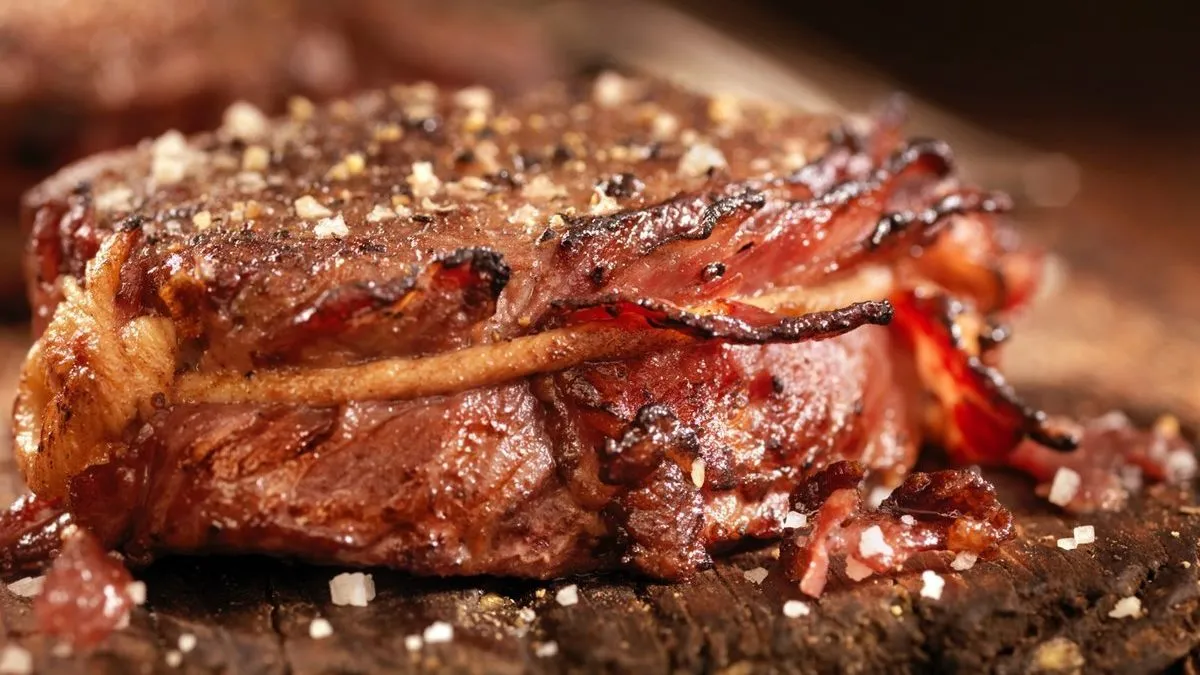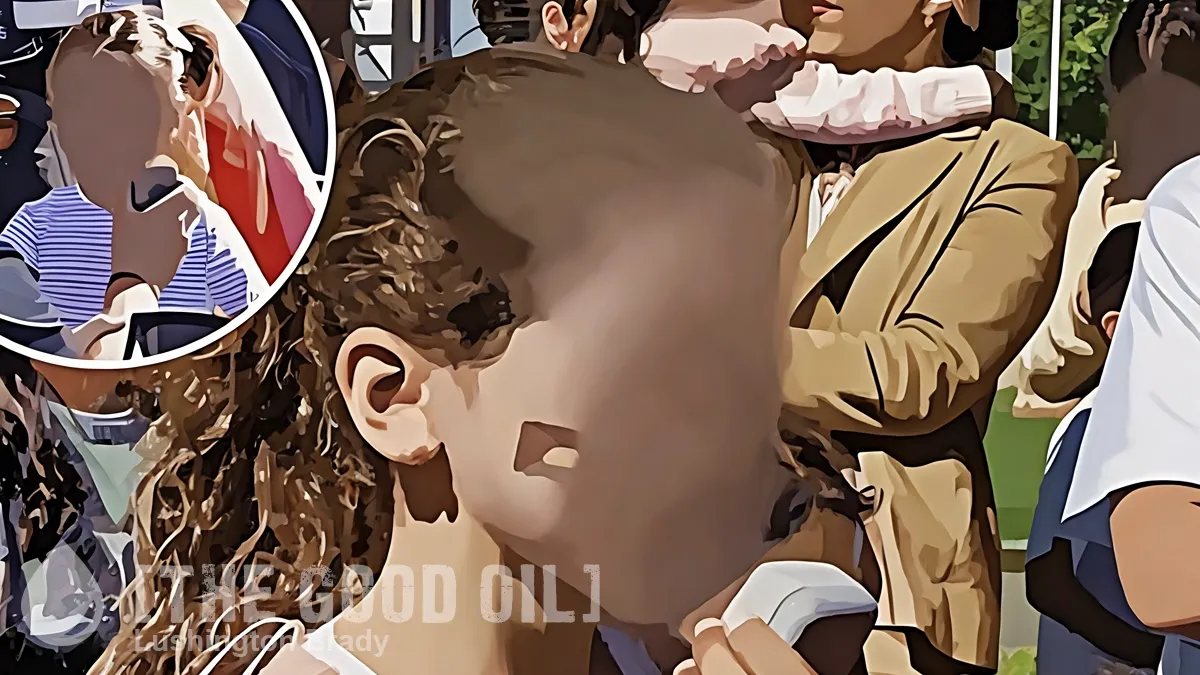Table of Contents
Hal Herzog’s excellent Some We Love, Some We Hate, Some We Eat: Why It’s So Hard to Think Straight About Animals, contains the interesting tale of a woman so committed to animal rights that even other animal rights activists think that she’s nuts. If you think that takes some doing, then you’d be right. She lets chickens and other animals have free run of the house, to poo and scratch and chew wherever they like, refuses to kill flies and, she says, if her house was infested with termites, she’d leave them be.
She may well be as nutty as a vegan’s long-drop, as Herzog says, but the problem is: she’s also right. If you’re going to assert that animals have equal rights to humans, then hers is the only logically consistent stance. It says something for animal activism that its nuttiest adherents are actually its most consistent.
“A humanitarian is a hypocrite,” Orwell once said. But vegans are worse.
The vegan philosophy is, at its heart, quite often about reducing suffering. By not eating animals, you — by definition — reduce suffering. It’s a lovely idea.
It’s also the biggest con-job since Aunty Raindove said her tofurkey tastes just like chicken.
Consider peas. No vegan could turn their nose up at peas, even if they had the strength. They grow a lot of peas, here in Tasmania.
And to protect the peas, they have some wildlife fences, but also have to shoot a lot of animals…they [have] a licence to kill about 150 deer. They routinely kill about 800-1000 possums and 500 wallabies every year, along with a few ducks…So, more than 1500 animals die each year to grow about 75ha of peas for our freezers. That’s not 1500 rodents, which also die, and which some may see as collateral damage. That’s mostly warm-blooded animals of the cute kind, with a few birds thrown in…
The number of animals that die to produce vegan food is astonishing.
This isn’t because pea producers are some kind of bloodthirsty monsters. If they didn’t kill these animals, their crops would be devastated and the price of the few peas left would go through the roof. This is the grim reality of vegetable farming.
Vegans also like to hitch their recumbent bicycles to the climate change scare, claiming that farming meat uses too much of the Earth’s precious fluids, or something. Yet meat is not only one of the most efficient methods of food production, but also perhaps one of the least cruel.
According to an article by Mike Archer, Professor in the Faculty of Science at the University of NSW, roughly 25 times more sentient beings die to produce a kilo of protein from wheat than a kilo of protein from beef…Yes, most of them are rodents, but surely in the vegan world all warm-blooded life should be honoured equally?
The toll of horrors of vegan food production rolls on.
Over a five-year period up to 2013, rice farmers in NSW killed nearly 200,000 native ducks to protect their fields…[on one farm in Tasmania] we kill close to 5000 moths, slugs and snails each year to grow vegetables, and thousands and thousands of aphids…
Vegans refuse to eat honey because it “exploits” bees, yet these emaciated hypocrites guzzle almond milk by the gallon.
According to Scientific American, up to 80 billion domestic honeybees are estimated to have a hand in the Californian almond industry each year, up to half of which die during the management process and the long journeys to and from the large almond orchards. And that’s the carnage from just one crop.
theaustralian
No doubt pallid defenders of veganism will wave their limp, skinny arms and gibber weakly about “context” and that all this is just so much nit-picking. But the fact is that they’re just hypocrites. They talk a good game about preventing animal suffering, but they’re perfectly happy to turn a blind eye to the deaths of billions of animals so long as they’re not photogenically doe-eyed baby moo-cows.
Death is death. Suffering is suffering.
At least meat-eaters can chow down on their rare steak with a clear conscience.
Now, to quote the great Kinky Friedman, “wipe its ass and bring it to the table”.






